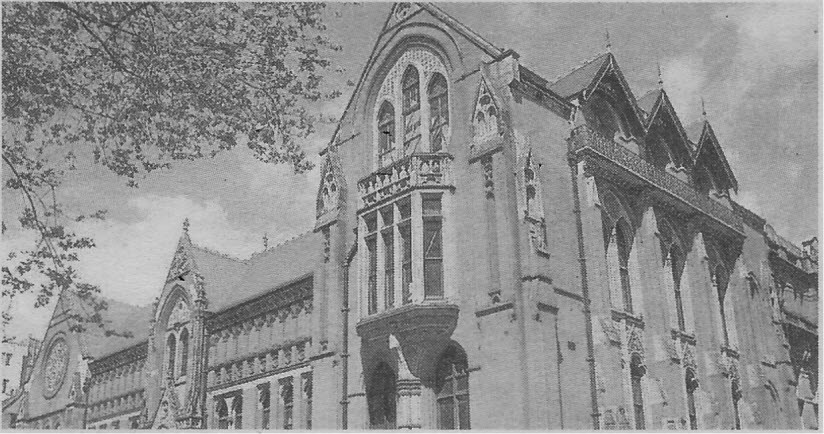
In 1885 the first school of art to be run by a town council was opened in Birmingham.
It was to become one of the most important schools of art in the country, and to this day continues in the role for which it was built. This development had immediate consequences in Sutton Coldfield.
Several leading figures in the town decided that art classes should be offered locally. These classes met in the town hall in Mill Street and then at Bishop Vesey's Grammar School to study drawing and, in due course, geometry and painting.
The classes in the day attracted young women and those in the evening were atterided by working men and schoolteachers.
Numbers grew steadily. In 1895 37 enrolled for classes during the day and 36 for evening classes. These students were entered for national examinations.
Its long-serving headmaster Edward Taylor provided two of his former students, Katie Ann Hall and EA Smyth, to teach the Sutton classes. A number of students from Sutton went on to study at the prestigious school of art in Birmingham.
The opening of a school of art was part of a cultural revolution in the town at this time. Inspired by the charismatic preacher and lecturer George Dawson - who visited Sutton on a number of occasions to give lectures at the town hall - the leading figures of Birmingham strove to make culture, notably libraries and an art gallery, available to all who lived in the town. Dawson called this 'Everything to Everybody.'
These words have been adopted for a project in Birmingham, funded by the National Heritage Lottery Fund, to re-invent Dawson's vision for the 21st century.
There will be a major exhibition at the Library of Birmingham and the city's precious copy of Shakespeare's First Folio will visit Sutton Library.
I am the co-author of a newly-published book about how George Dawson and his followers strove to ensure culture was within the reach of ordinary people and how they made Birmingham the most talked-about town in Britain in the second half of the 19th century.
It is called George Dawson & his Circle: The Civic Gospel in Victorian Birmingham (Merlin Press, 2021). It costs £15.99.
Associate Professor
Stephen Roberts